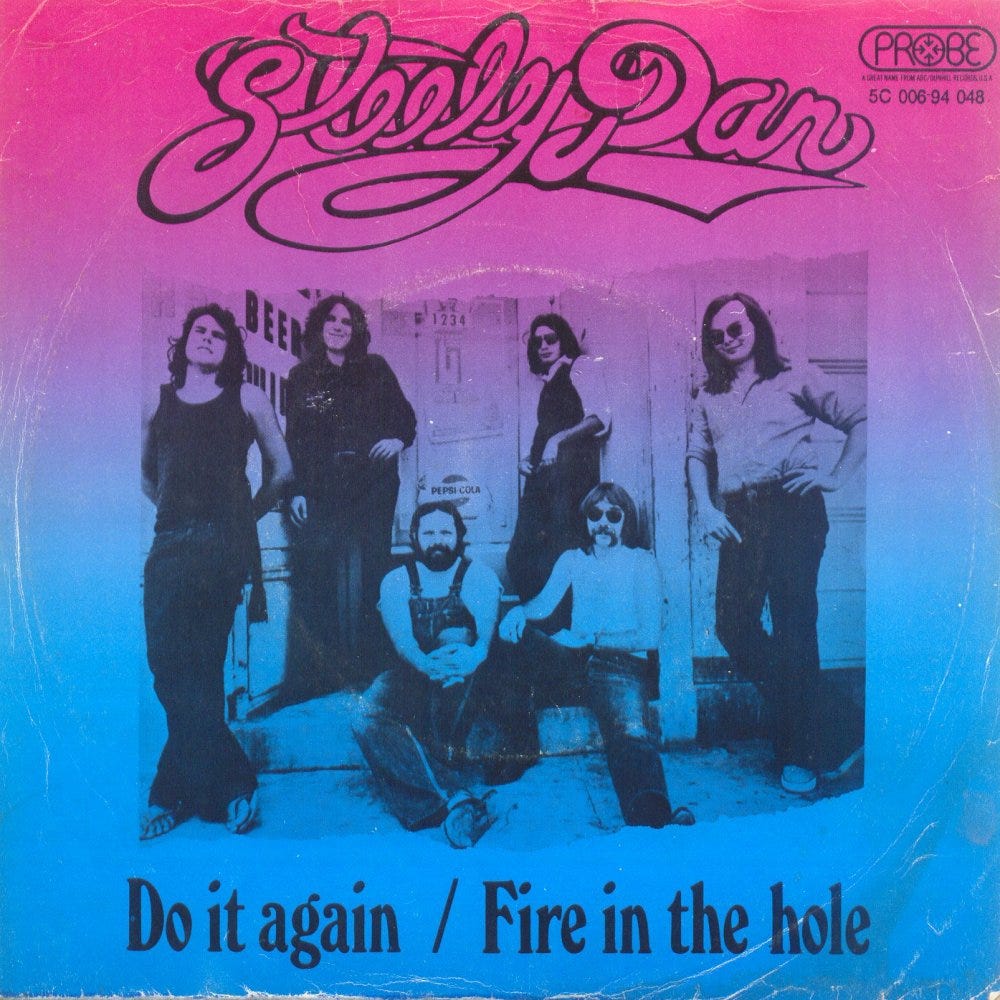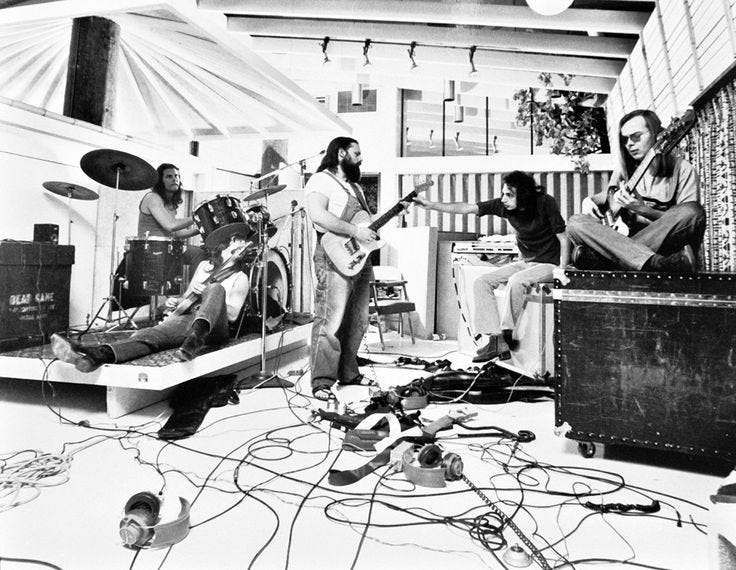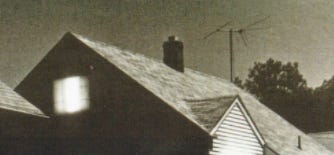Original Lead Singer of Do It Again by Steely Dan

Steely Dan already had a very good conga player already in the band, guitarist Jeff "Skunk" Baxter worked percussion on this song in a live setting but Walter Becker and Donald Fagen thought it best to track in Feldman, an English session player famous for his work on Miles Davis' 'Seven Steps to Heaven' LP.
Songwriters Becker and Fagen weren't ducking this twist, the first hit. The first song on Steely Dan's debut album, the first single off 'Can't Buy a Thrill.'
After the demoing years charged him with supplying the lines necessary for the listener to identify the more orthodox harmonic structures in the duo's driving songs, bassist Becker was finally freed to float with headphones on. Recorded within the months of earnest attempts to replace himself as his band's lead singer, Fagen lives confidently within his double-tracks.
Donald's not finished, if the temperature will ever let him tune up. Somewhere in the middle of the song, just after the radio said "enough," lurks a deliciously inappropriate "plastic" combo organ solo no doubt egged on with Walter's snorting encouragement.
It's the type of instrument – never used again by the band – that would later sneer its way to great acclaim later in the 1970s, powering Elvis Costello's Attractions and other lightly lads. Here, on Side One (Track One), it's just a thing that sounds weird enough to be left on the side of the road after the carful was done with it.
Becker and Fagen spent the last fits of New York's 1960s in Park Slope trying to make rent with pop tunes spun as earnestly as their souls at the time would allow. They backed Jay and the Americans on live dates and were paid in whatever was left over after the beaks did their worst. Steely Dan was pulling down on calculated gambles long before Encino saved its thumbs from the freeze.
After moving to Los Angeles the pair scored a tune on a Streisand album, they considered Denny Doherty and they wrote for John Kay. Becker and Fagen penned and later even performed 'Change of the Guard' in full view of Dias and his rosary beads, stating that they intended it for release.
'Dallas,' a country-pop soft release single sung by the tawny yet contained Jim Hodder, the band's drummer, was hesitantly considered as Steely Dan's initial offering. David Palmer was brought in to hit the Laura Nyro notes and to look a little like Roger Daltrey to the overserved.
Concessions were attempted, picks were rolled with. This was a duo that was not going to turn down subversively sporty cars (licenses had to come first), interesting girlfriends, and better gear – future accommodations had to be considered, and swiftly.
And they led everything off with, I don't know, a bossa nova?
It's six minutes long and Donald Fagen sings it with that voice and it's a massive hit. If the admitted aesthete to launch for was midway between Word Jazz and Rubber Soul, then the Dan was well on its way.
The tagger at this point reads only in the 1970s! and it's a kiss-off that I've listened to Becker, Fagen and Baxter all conclude with. To calm insistent interviewers and re-amuse themselves at the wickedness of how wondrously daffy it is that a song like this could become a chart-topper in 1972.
When anyone else of a certain age spits that line out, it falls a little flatter in its nod to an imagined decade where Richard Dreyfuss was the only male sex symbol, where Grand Funk never happened.
Like, at some point it's got to become a Steely Dan thing, right? It's not as if the rest of the top ten was filled with this strain of slyly-sung succor.
Denny Dias' hands until recently had been playing a Barney Kessel-styled jazzbo log, the sort of wood you could endanger a Tiger Stadium transformer with. Dissatisfied with the setup, "an offense to eyes and ears alike," Becker and Fagen peeled off enough advance to outfit Denny with a Telecaster and Marshall half-stack aimed at teaching jazz slides to the previously unaware.
Before Denny could play with his new toys, though, Becker and Fagen decided to strap him to a Coral Electric Sitar.
Not to be cool, that would have worked better in 1967.
Not to be accurate, because this song is a bossa nova, and that instrument doesn't sound the least bit like a sitar.
Not because it would be easy, because electric sitars are impossible to set up and even tougher to record, only shitty AM radio producers have the patience for their typical sonic output.
And not because Denny Dias, otherwise confident in both his abandoned studies and the Billy Bauer Technique, had ever played an electric sitar in his life. Kustom payback for the guy that understood Becker and Fagen's changes better than anyone in the store.
The handle spun cherries. In an era where sonic enhancement just meant stacking more speaker cones on top of the last ones you bought, Becker and Fagen knew when to leave the table.
It just lays down the scent, doesn't it? Have a listen:
Jeffrey Baxter self-identifies as "Skunk" after a couple of expert runs to begin the tune, giving his baffle less than a minute before saluting Chuck Berry. You're never too far away from some spiny vibrato from this guy, Skunk usually won't let up until you leave the room and luckily it took Donald and Walter a few years to correctly read the joint.
Dias' solo is astonishing, and it would have been comparatively lost on his new Dan Armstrong or his newer, eventually humbucker-outfitted, Telecaster. It would have been mush on the Kessel guitar, and 1972 wasn't confident enough to record a Les Paul or ES-335 in a way that didn't track as tacky to Don and Walt's, so you're left with what's hanging around the shop.
You don't hear those notes on anything but an electric sitar, and I don't know if you'd call what comes out of Fagen's Yamaha organ notes.
We're one song in and Donald's already clapping back to seventh grade, winter break, and whatever spacey sounds he could hear from the TV in the other room. 
The song is Traditional, an expert takedown by two guys that shouldn't know better, but do. Becker and Fagen were somehow advanced experience, slid underneath the door at night when the air was thick with shit pot and, we're told, calamine lotion.
The lyric would become a Steely Dan staple. An unhurried presentation, delivered by two guys who really want to get out of there.
Miniaturization can give you the bends, and that's where a partner comes in. Someone to tell you that a character named 'Jack' – a weakass hotel alias given in lieu of this desperate, little man's actual name – is the way to go.
When you submit the draft with confidence, you're allowed to claim credit to a playing card all your own. This is what separates Donald Fagen and Walter Becker from the sorts of people that want to write in the voice of Oliver Barrett IV, or the Dalton Gang.
Debut track. It's growing.
Source: https://tsa.substack.com/p/every-steely-dan-song-do-it-again
0 Response to "Original Lead Singer of Do It Again by Steely Dan"
Post a Comment